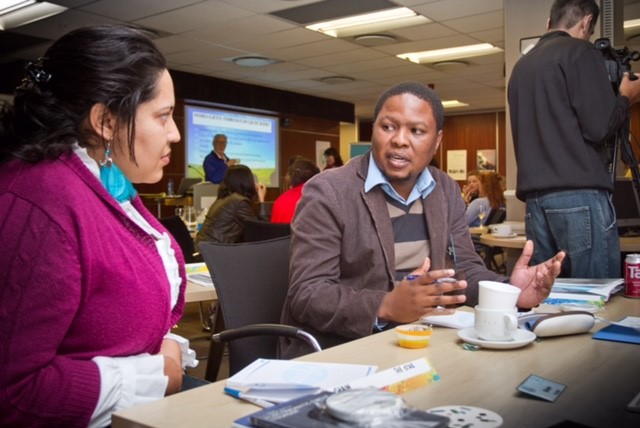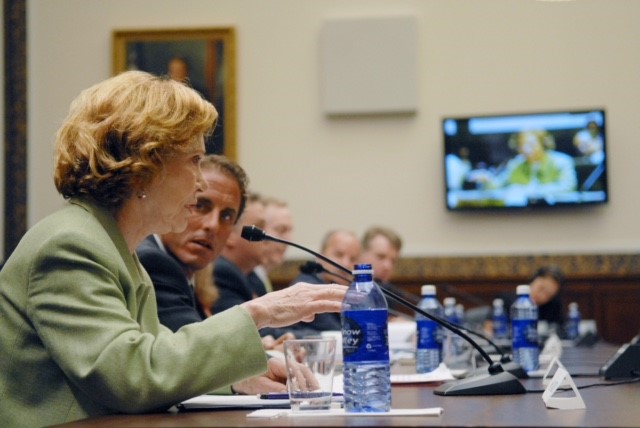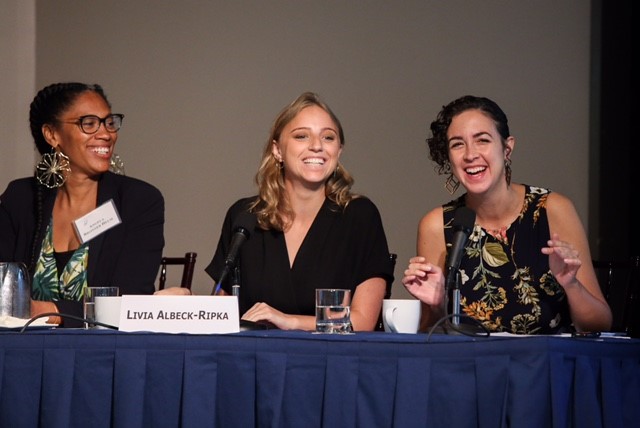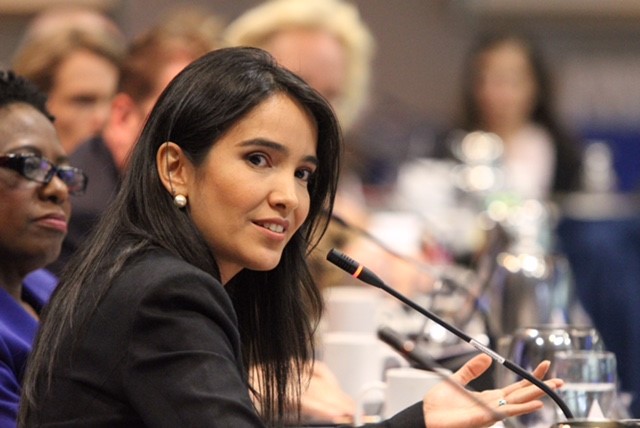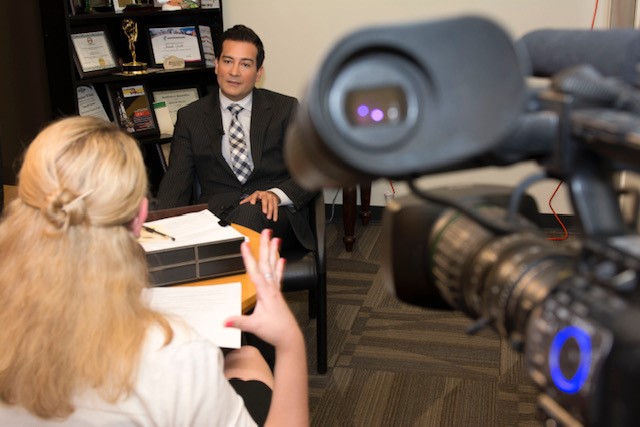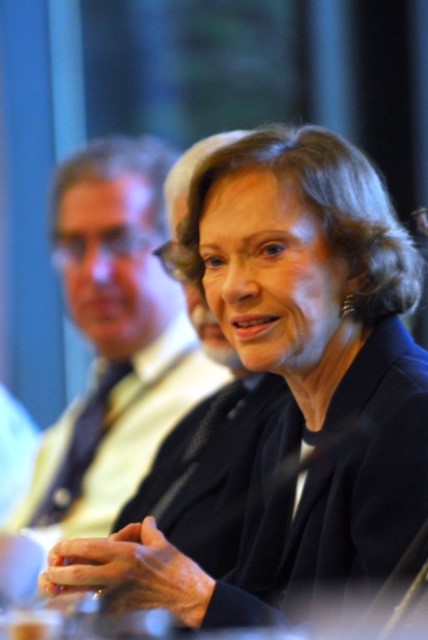Collaborating to Increase News Coverage of Mental Health Parity Across the Nation
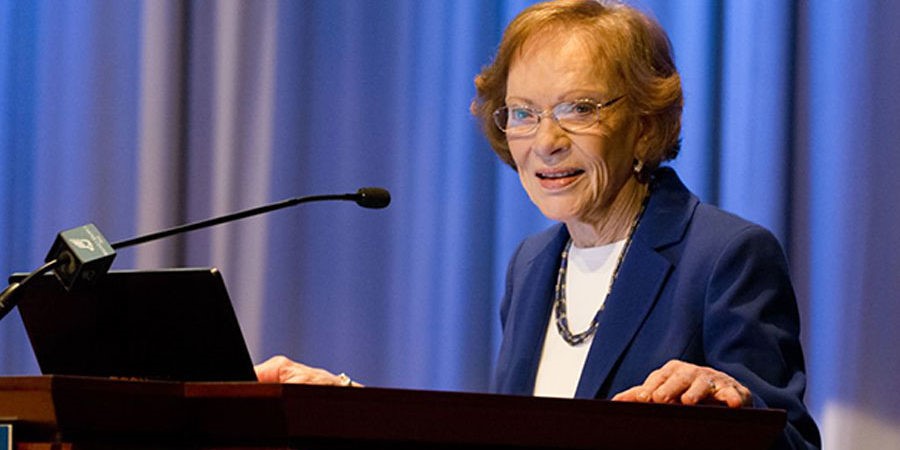
In 1996, The Carter Center established the Rosalynn Carter Fellowships for Mental Health Journalism (RCFJ), coinciding with the breakthrough passage of the Mental Health Parity Act, the first legislation to require that certain insurance providers consider mental health benefits the same as they would medical or surgical benefits.
The fellowship program was the first of its kind, and, to date, more than 220 journalists all over the world have participated, reporting on some of society’s most significant mental health challenges—including the struggle to achieve mental health parity. Most importantly, these journalists have shined a light on the challenges and inequities faced by millions of people in accessing mental health care, which has led to real change in services and policies. But it is not enough.
Even after the Mental Health Equity and Substance Abuse Parity Act passed in 2008, expanding the reach of the 1996 legislation, along with the Affordable Care Act in 2010, parity between mental health care and medical health care is far from having been achieved. Millions of people struggle to find, receive, and afford appropriate mental health treatment, and, as a result, are forced to pay out-of-network costs or do not receive care at all. Lack of parity is also rampant throughout the U.S.: the 2018 State Parity Implementation Survey scored 43 states a D or F on mental health parity.
Stigma still shrouds awareness of mental health issues, which are pervasive and have serious implications. According to the National Alliance on Mental Illness (NAMI), more than one in five U.S. adults experience mental illness each year, The mental health crisis has been exacerbated further by the COVID-19 pandemic, with new data indicating increasing rates of depression, anxiety, and suicidal ideation, and national shortages of counselors and therapists.
In response to this growing crisis, The Carter Center is leading a multi-state newsroom collaborative to take a deeper look, from both an investigative and solutions journalism angle, at why mental health parity hasn’t been achieved. The team of reporters and editors across the U.S. offers a solid foundation to highlight different, important stories that are both data- and source-driven to illuminate the challenges and the possibilities for improvement.
